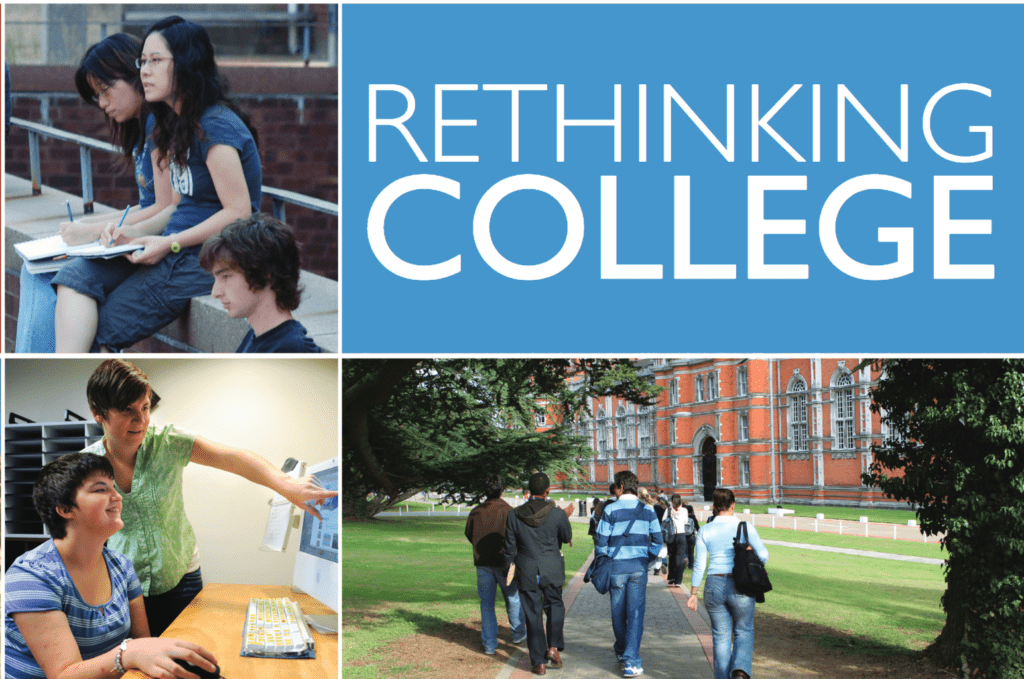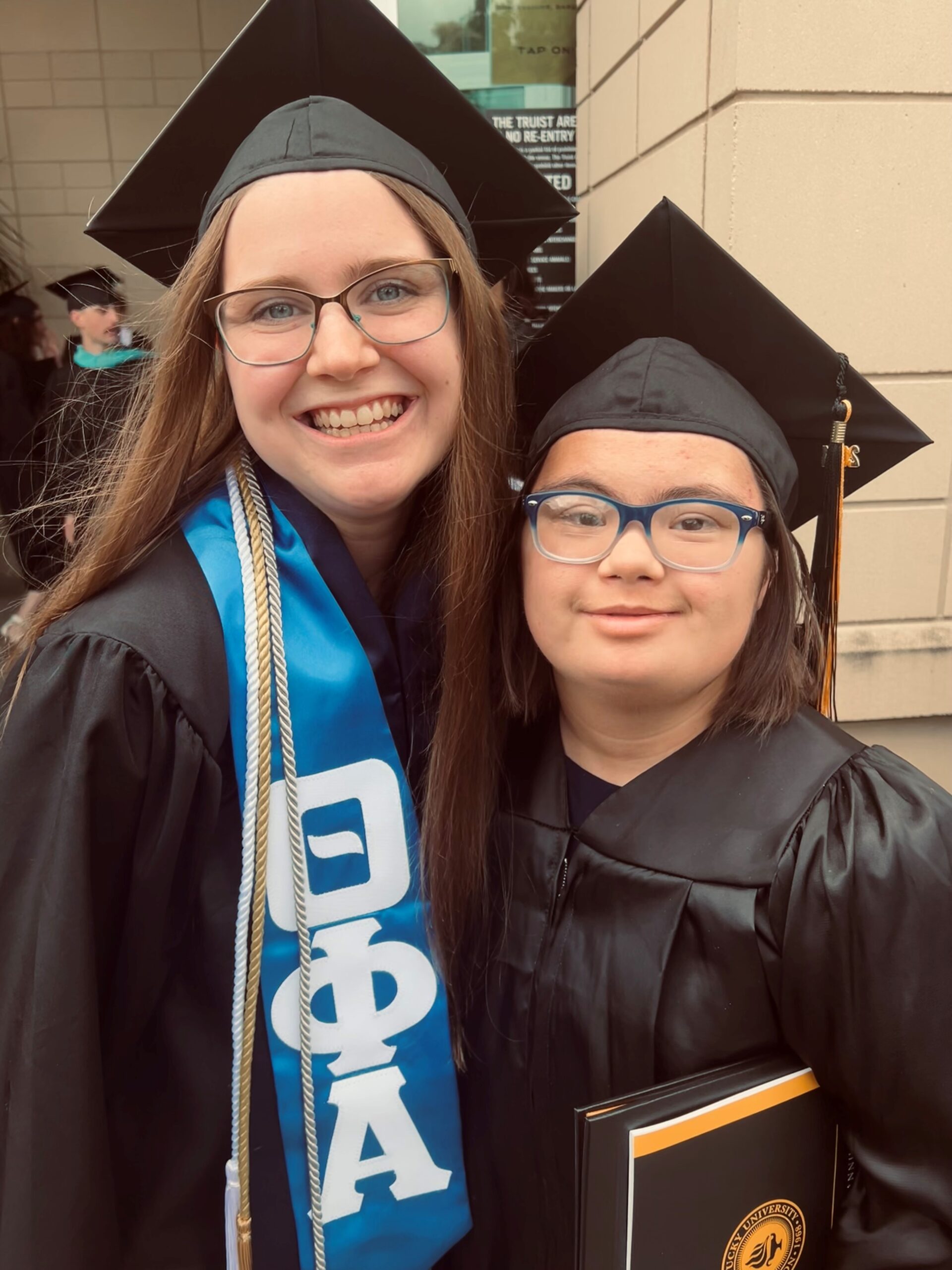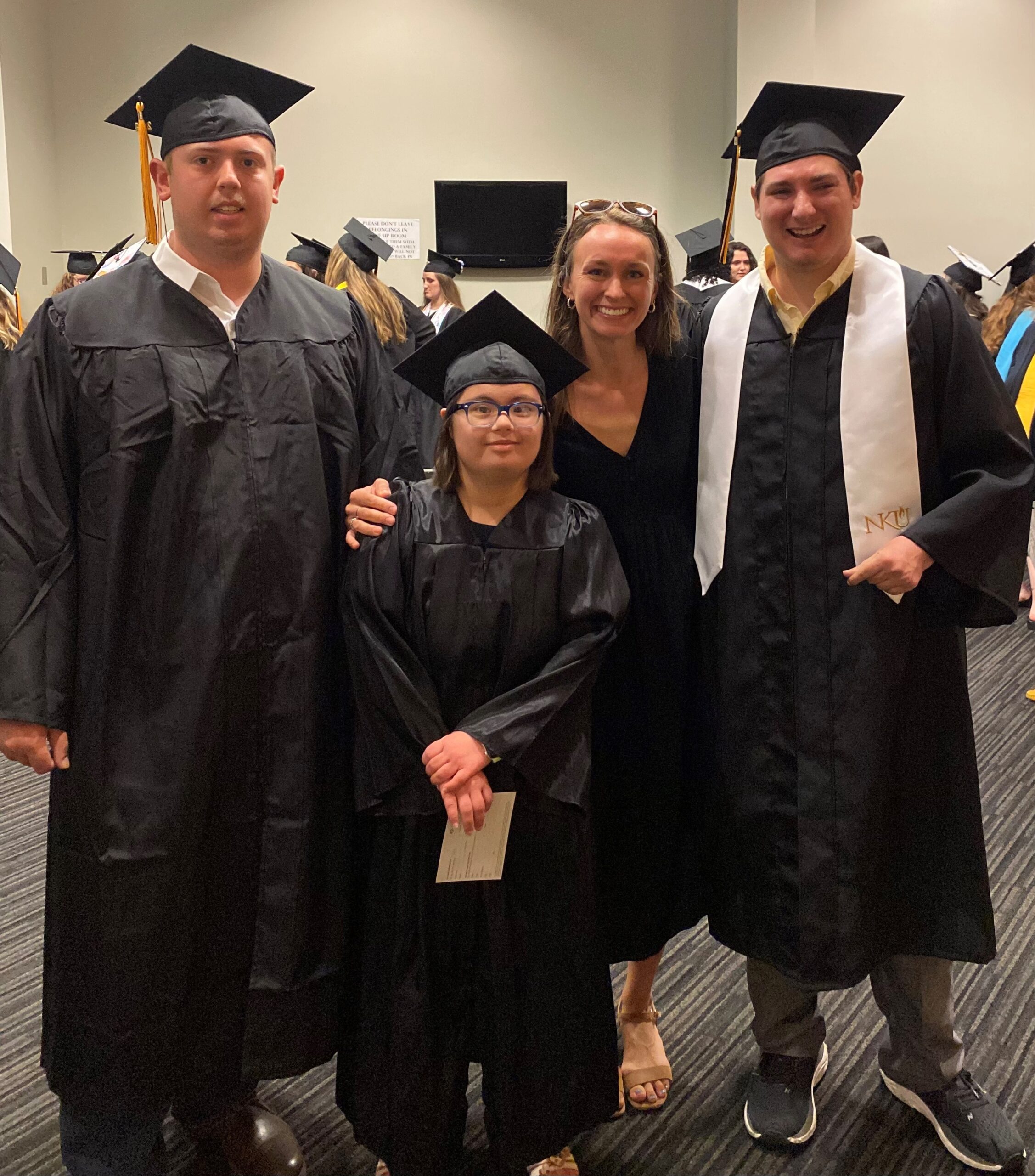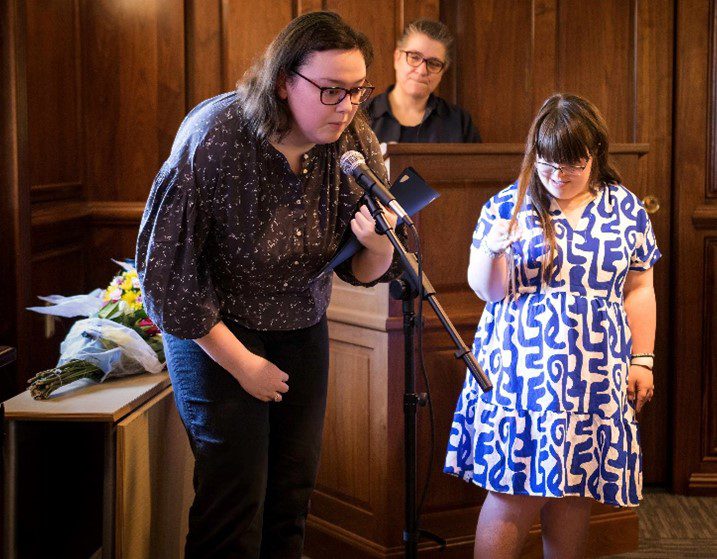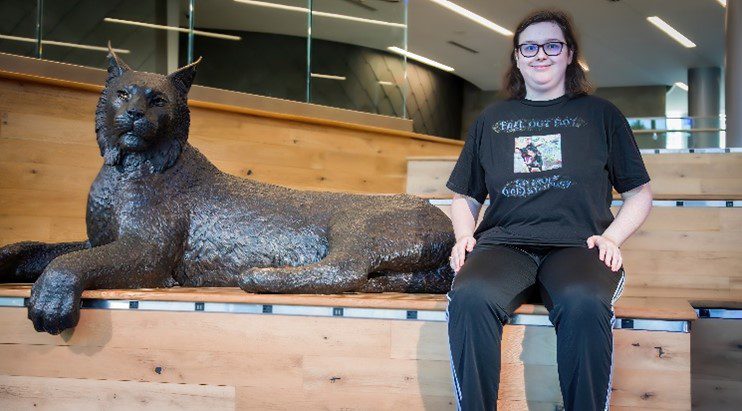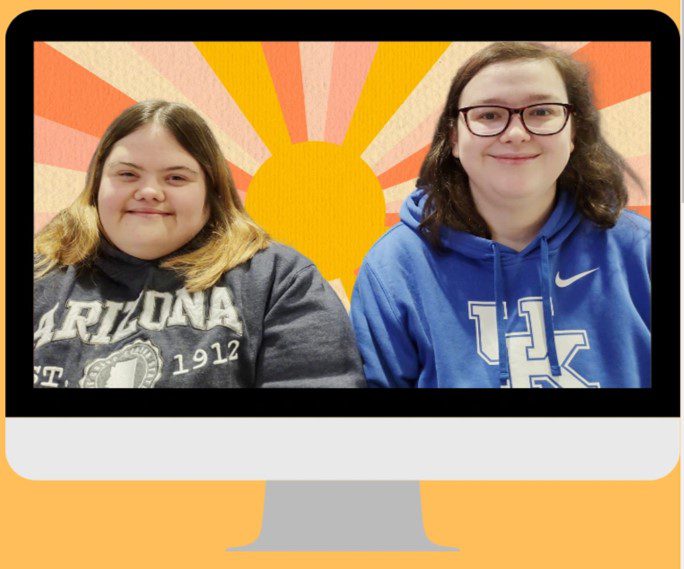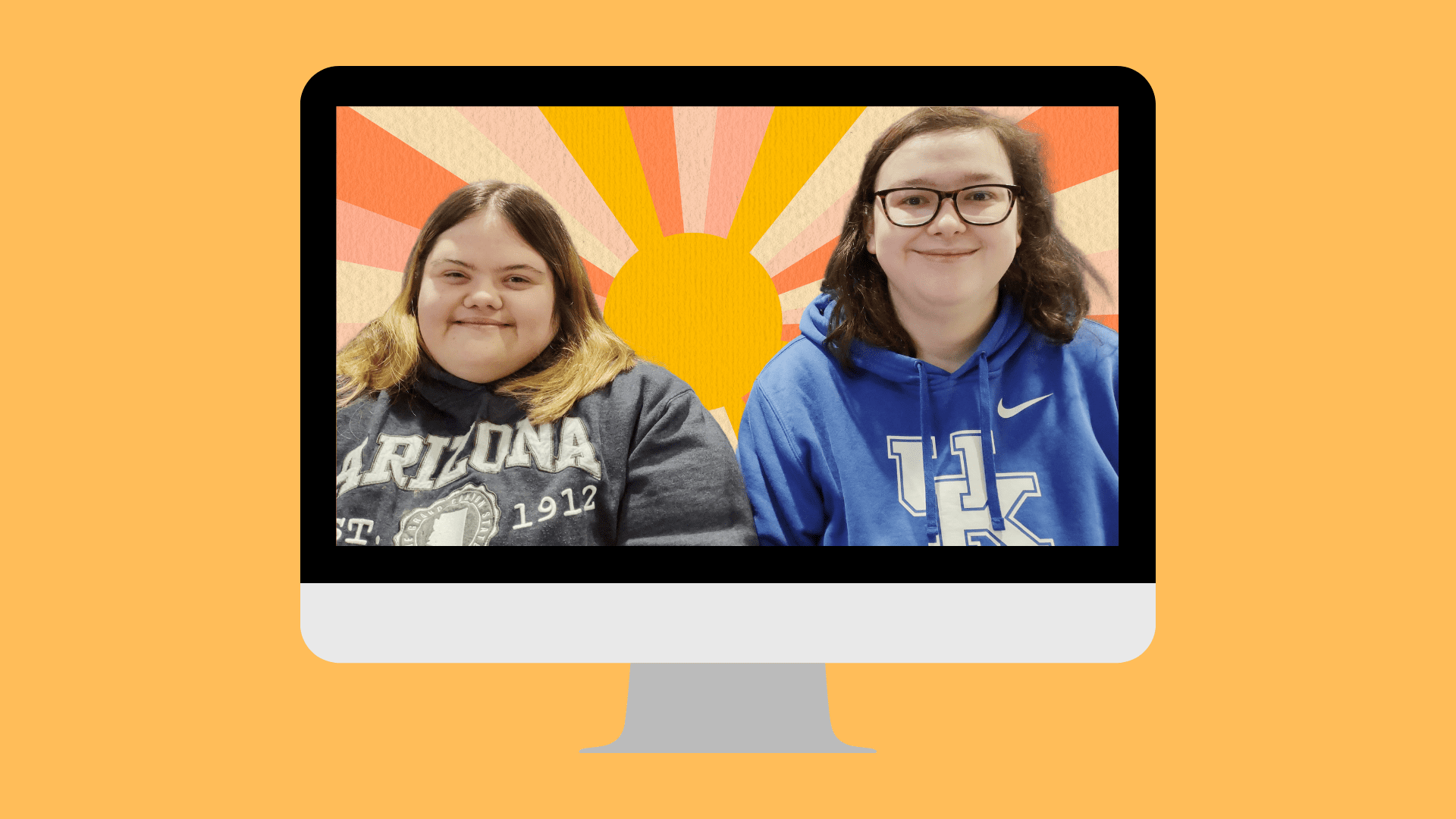SEPSEA Advocacy Group meeting February 24, 2025
The next SEPSEA Advocacy Group meeting will be held (on ZOOM) on Monday, February 24 from *4:00-5:00 Eastern Time (*3:00-4:00 Central Time).
The Southeast Postsecondary Education Alliance (SEPSEA) is an organization promoting access to quality inclusive postsecondary education for students with intellectual and developmental disabilities across the region.
This online Advocacy Group is a space for students and alums of Inclusive Postsecondary Education (IPSE) programs to connect and share about their college experiences.
During this meeting, we will hear from a few graduates and students from the College and Career Studies program at the University of Kentucky about ways they are connecting with their community. Afterward, we would love to hear from everyone else about ways you connect with your community.
We hope you will join us for this conversation!
For more information about this group, or to get the zoom link for this meeting, please contact Erin Fitzgerald at Erin.Fitzgerald@uky.edu.
